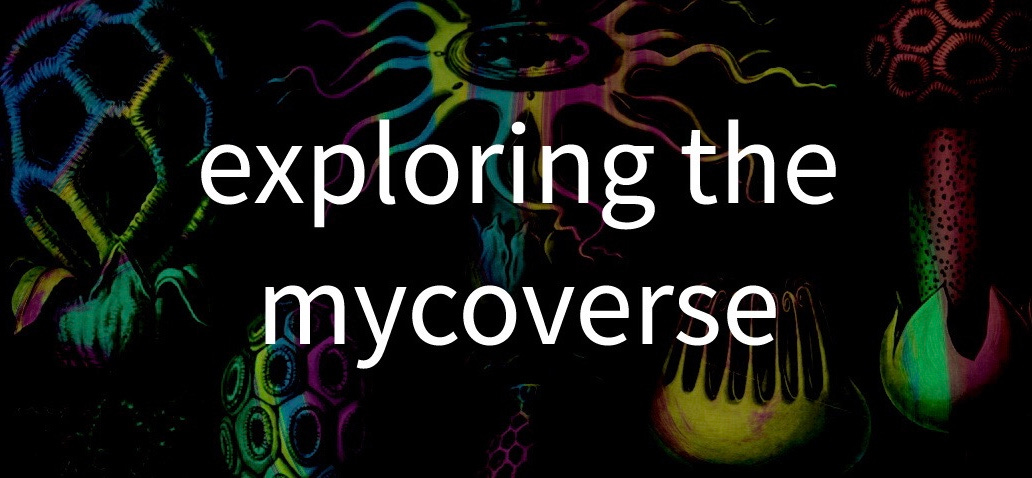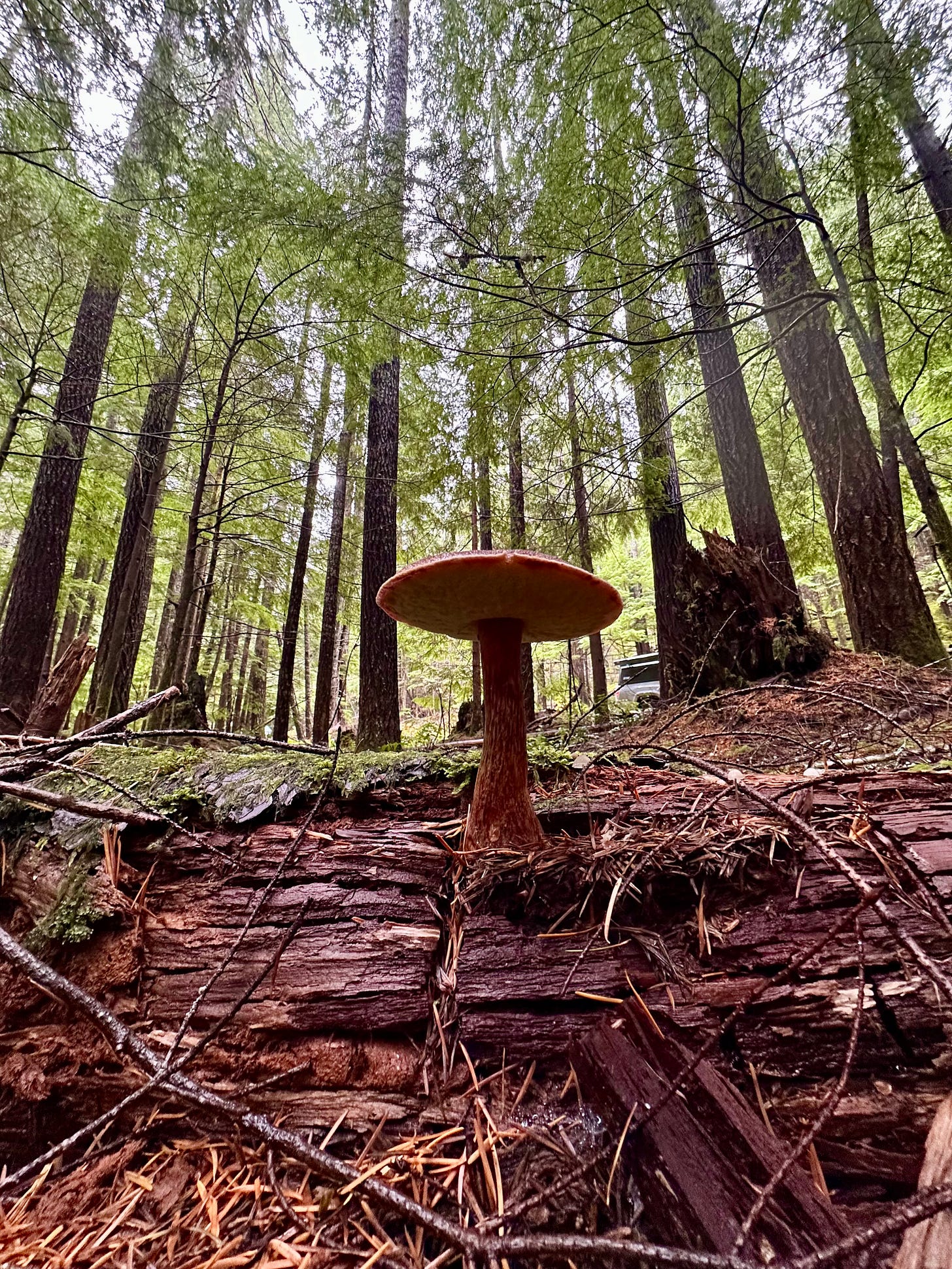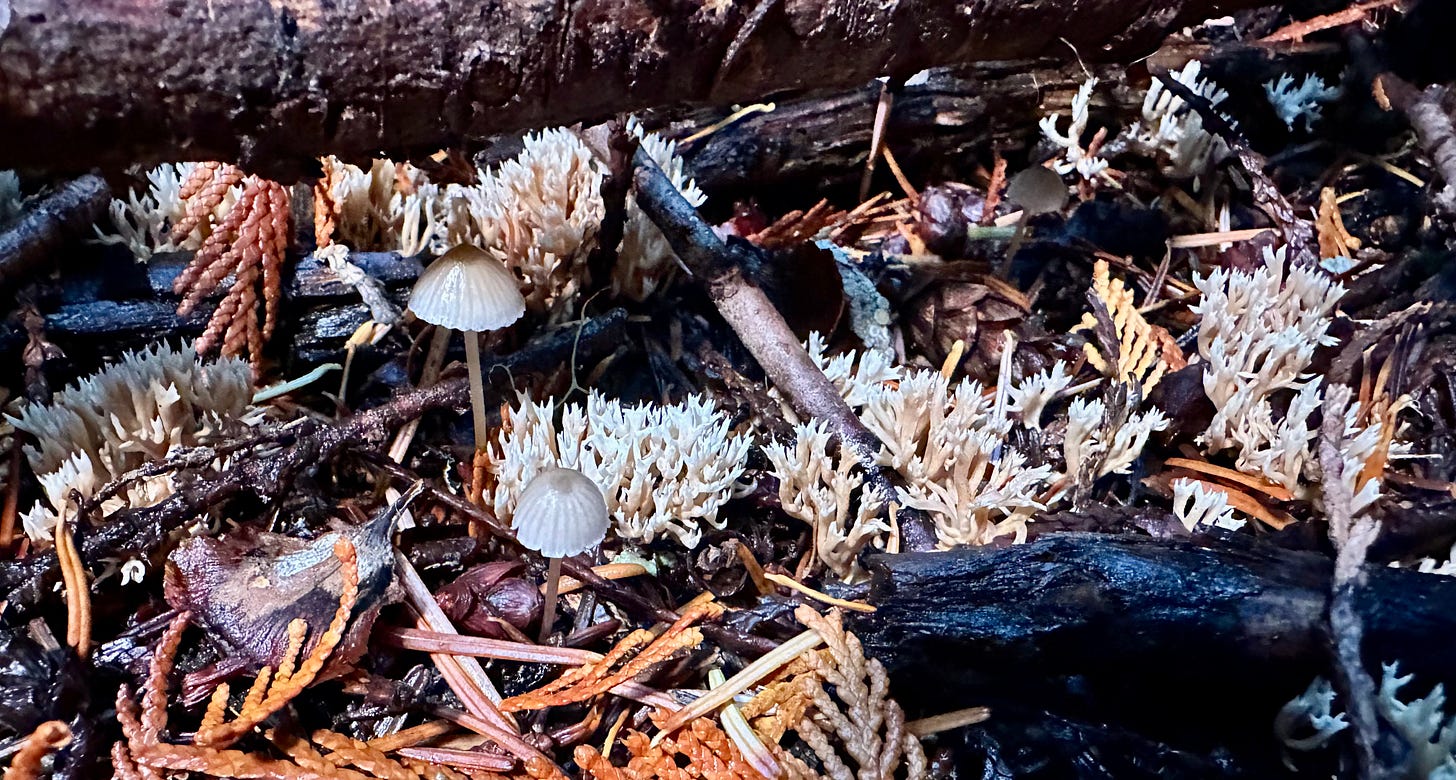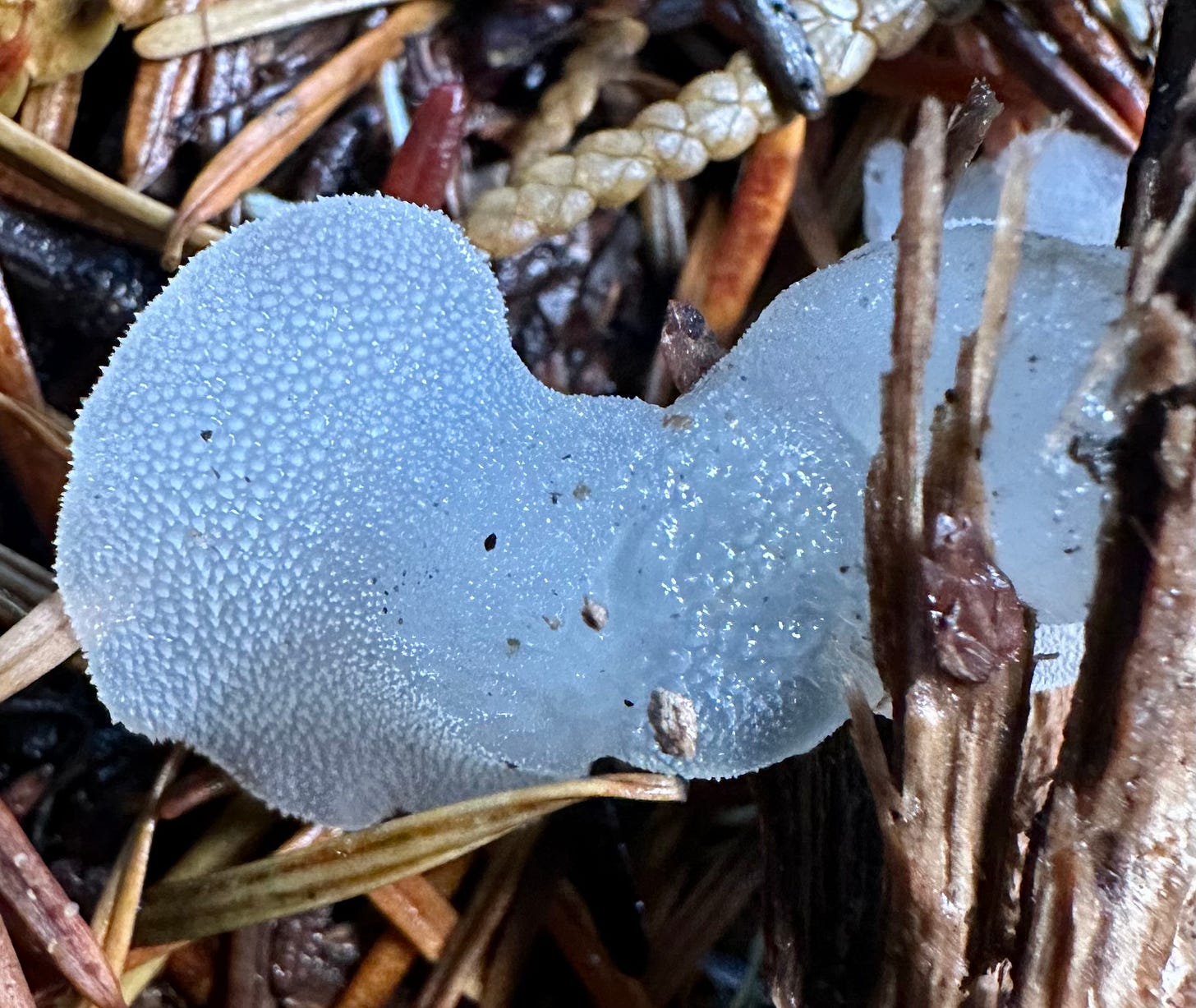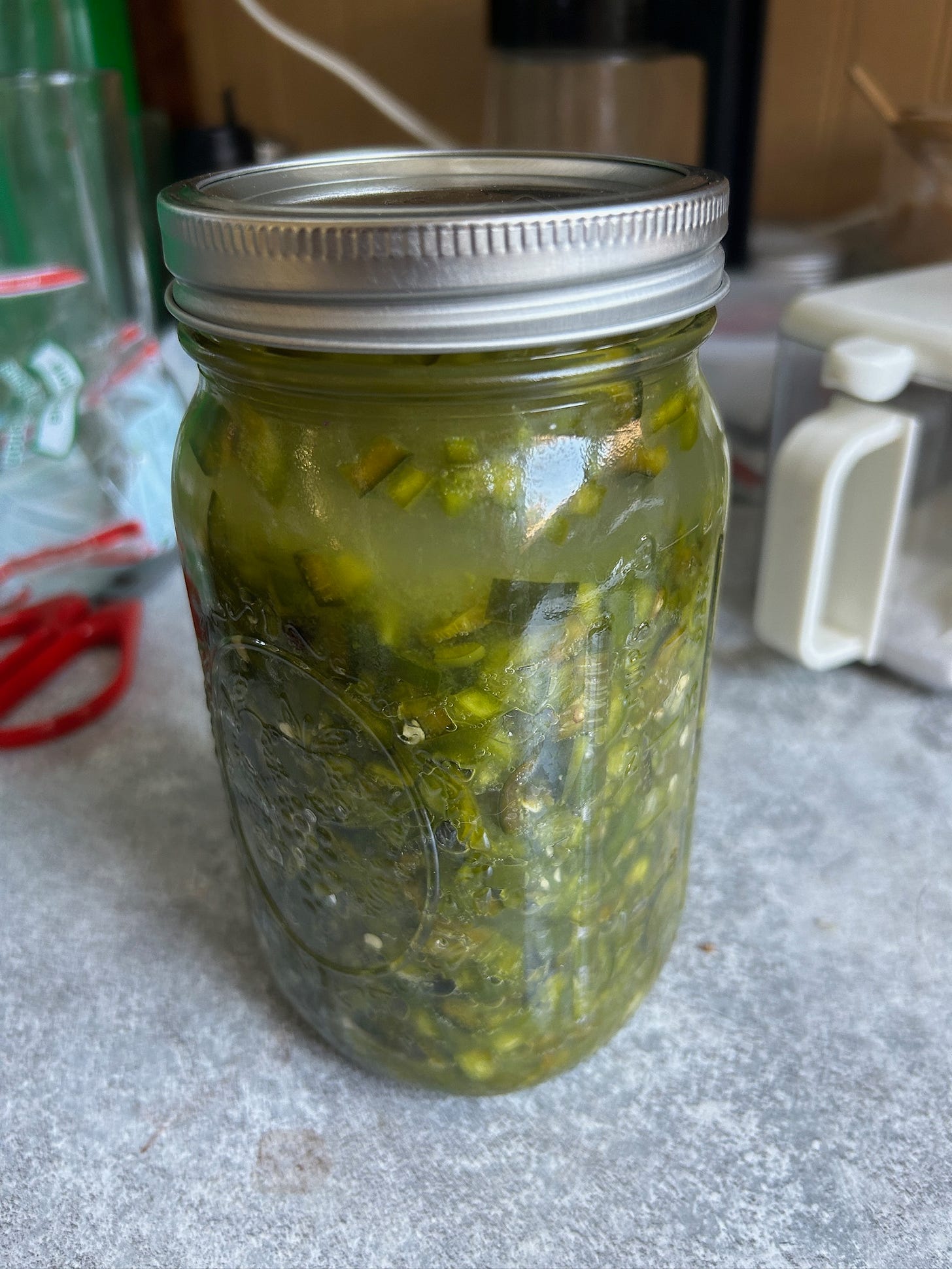Explorations in Fermentation Next Week + Newly Published Conservation Resources
Join us in learning more about the wonders of fermentation!
Dear Fellow Myconauts,
Please take a look at the new Conservation & Stewardship Resource page my conservation committee took the past year to put together on the North American Mycological Association’s (NAMA) website. We couldn’t find a central place online that had resources about conservation mycology – like what is the fungal conservation research out there? What does the field of conservation mycology look like? What are the issues facing fungi? What can we do to help and advocate for?
So we made a web page for it. I’m proud of our committee for making this happen, it was hard yet necessary work. Let us know what you think and what questions you have for us. We’re looking for feedback. This is a work in progress. Also please reach out if you’re interested in joining the conservation committee, we’re looking for new members.
PS – rains this weekend, say hi to the mushrooms for me! I will be resuming mushroom walks in the new year. I am working on something exciting in the meantime!
Next up in the Mycoverse…
Check out James Oliver and friend’s: Don’t Fear the Foam – Explorations in Fermentation event next week! Continue reading to learn more… Tickets are selling fast!
More Photos from Our Adventures with the Mycoverse at the North American Mycological Associations Annual Foray Gathering in Randle, Washington on Halloween.
The Exploring the Mycoverse crew group photo! (Aaron, Louise, Robyn, Vanessa, and Janneke from left to right).
UV fluorescent coral lichens (Sphaerophorus)!
The “admirable bolete” literally, Auroboletus mirabilis.
Janneke filled with delight in her natural element showing me mushrooms in the field.
An abundance of rainbows between all the misting rains.
Stunning smoky coral, we encountered so many varieties of coral. I was surprised by the diversity!
Cat’s tongue aka Pseudohydnum gelatinosum.
Don’t Fear the Foam – Explorations in Fermentation
Monday, November 25th, 7pm @ Arlington Garden, Pasadena, CA – Free by donation
Pacific Coast Cultures is an open ended gathering that explores relationship and work between microbes and humans to create and preserve food. We share a fascination with the breadth and depth of fermentation, and its ability to cross between scientific processes and folk knowledge. We explore process to hone practice and ferments, while also learning to work with other living organisms and broaden our understanding of symbiotic relationships.
Presenting for the Mycoverse are it’s three founding member, a mix of creatives and scientists: Zenji Oguri, Michael O’Dell and James Oliver-Peña. The presentation includes a brief history of our practice and small community, a tasting of different styles and microbes of fermentation we’ve explored in the short and long term, a review of cost and accessibility of fermentation, and a reflection on relationship and inspiration with our microbial partners.
More about our presenters:
James Oliver-Peña (he/they) is a community mycologist and soil scientist, born and raised in Venice, California. His studies in philosophy and time in the Olympic National forest cultured a deep curiosity in the intersection of life and death, namely fungi. In his nine plus years of culturing microbes, fungi and cells, with friends, labs, and community, he explores the intersections of microscopy, bioremediation, human health, urban/SoCal soil microbiomes and a sense of self entangled with microbes.
Michael O’Dell (he/him) is an artist from Los Angeles, a city kid with a deep connection to the natural world. After studying art at Hunter college in New York City, O’Dell hiked the Pacific Crest Trail. This experience fostered an interest how we as humans interact with the natural world, and that relationship in the context of time. Fermentation has become a creative practice through which O’Dell explores the co-working of human hands, microorganisms and time.
Zenji Oguri (he/they) was born and raised in Venice, California. He studied architecture and has worked in the field since college, but continues a multidisciplinary art practice. Cooking and fermentation have been an important creative outlet and lens for exploring culture.
Spread the spores,
Aaron


